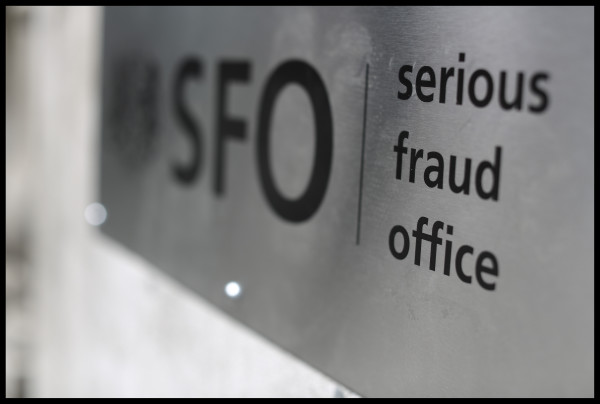As an apparent deterrent to privilege claims, “an organisation that does not waive privilege and provide witness accounts does not attain the corresponding factor against prosecution that is found in the DPA Code… but will not be penalised by the SFO.”
The Guidance notes that “the existence of a valid privilege claim must be properly established”, although it stops short of clarifying what “properly established” means in practice.
It is also unclear whether the SFO is expressing an intent to litigate what it considers to be ill-founded privilege claims.
Does the Guidance provide sufficient incentive to co-operate?
Firms bound by the FCA’s principles for businesses must, under principle 11, deal with its regulators in an open and co-operative way and disclose anything relating to the firm of which that regulator would reasonably expect notice.
As a result, any regulated firm is duty bound to self-report and co-operate with the FCA.
Any company already subject to a similar duty, either in the UK or elsewhere, might decide that it is in their interests to self-report to the SFO.
For those who do not operate in a regulated sector, the cost-benefit analysis of self-reporting and co-operating may result in a different conclusion.
What incentive does the guidance give such firms?
There are undoubtedly benefits of a DPA
A criminal conviction and its consequences are avoided, including reputational damage, sanctions and debarment from certain contracts.
A potentially lengthy and costly trial is also avoided.
Despite the patchy success of cases brought by the SFO, the risk of conviction to a corporate is still a real one.
When considering its position, a corporate must be aware of the financial burden co-operation will bring.
The cost may match or exceed the cost of a trial, and a corporate or its shareholders might wonder whether the uncertain prospect of a DPA provides sufficient incentive to self-report and capitulate.
Nonetheless, the legal costs payable to the SFO under the terms of a DPA, which have ranged from £300,000 to £13m, may be lower in future as a result of the extensive work undertaken by corporates.
Obtaining a DPA may still mean negative publicity, a significant financial penalty, the prospect of a monitoring programme and possible industry purgatory.
A significant consideration is that at the time a DPA is agreed, even in principle, the admissions made are to the SFO’s case at its highest.
Almost invariably, by the time of trial, the parameters of the SFO’s case will have narrowed significantly as a result of factors including a review of the evidence, the disclosure exercise and issues raised in a defence case statement.











